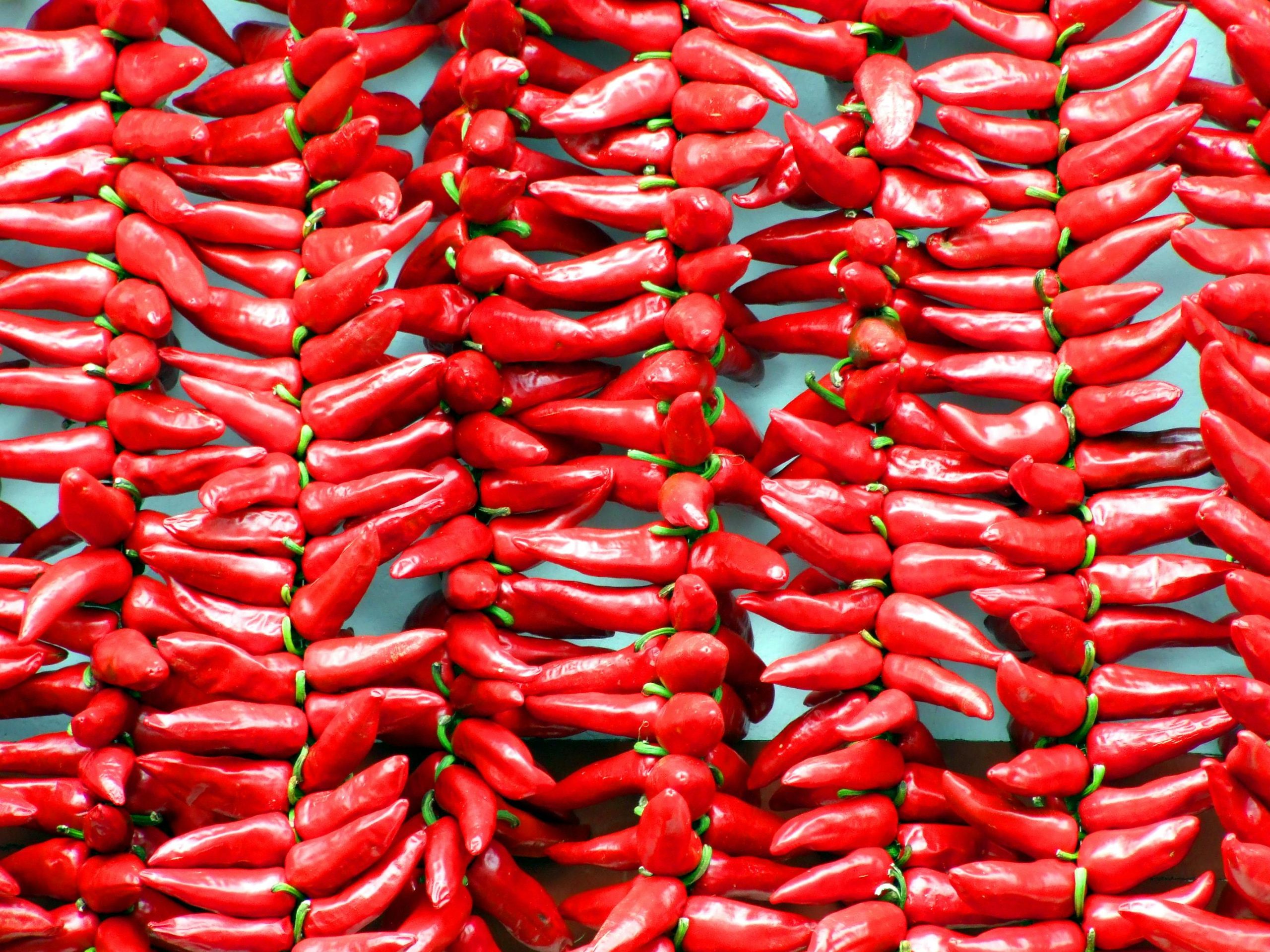How Do Seasonal Ingredients Affect My Budget Cooking Staples?
Cooking on a budget can be a challenge, but using seasonal ingredients can significantly enhance your culinary experience while keeping your expenses low. In this article, we will explore how leveraging seasonal produce can affect your budget cooking staples, helping you make informed choices that save money and elevate your meals.
The Importance of Seasonal Ingredients
Seasonal ingredients are those that are harvested at their peak during specific times of the year. Incorporating these ingredients into your cooking not only supports local farmers but also allows you to enjoy fresher, more flavorful food. Here are some key reasons why seasonal ingredients matter:
- Cost-Effectiveness: Seasonal ingredients are often more affordable due to their abundance. When produce is in season, prices typically drop because of increased supply.
- Flavor: Foods that are in season are generally more flavorful. They are harvested at their peak ripeness, resulting in better taste and nutrition.
- Environmental Impact: Choosing seasonal ingredients reduces the carbon footprint associated with transporting out-of-season produce from distant locations.
How Seasonal Ingredients Impact Your Budget
Now that we understand the significance of seasonal ingredients, let’s delve into how they specifically affect your budget cooking staples.
1. Reduced Grocery Bills
Buying seasonal produce can lead to significant savings on your grocery bills. When fruits and vegetables are in season, they are often sold at lower prices because they are plentiful. For example, during summer, you might find tomatoes, cucumbers, and berries at reduced prices. In contrast, purchasing out-of-season ingredients, like strawberries in winter, can cost significantly more.
2. Extended Shelf Life
Seasonal ingredients are fresher and often have a longer shelf life than out-of-season items. This means less food spoilage and waste, leading to further savings. For instance, root vegetables like carrots and potatoes are typically harvested in the fall and can last for weeks when stored properly, making them excellent staples for budget cooking.
3. Versatility in Cooking
Seasonal ingredients are versatile and can be used in various recipes, allowing you to stretch your cooking staples further. For example, in the fall, you can use squash in soups, salads, and even baked goods. This versatility means you can create multiple meals from a single ingredient, maximizing your grocery budget.
4. Encouraging Variety
Incorporating seasonal ingredients into your cooking encourages you to try new recipes and flavors. This can make your meals more exciting and satisfying without having to spend extra money on gourmet products. For instance, using seasonal greens like kale or spinach in salads, smoothies, and stir-fries can provide a range of nutrients and flavors while remaining budget-friendly.
Tips for Incorporating Seasonal Ingredients into Your Cooking
Now that you know how seasonal ingredients can positively impact your budget cooking staples, here are some practical tips to help you incorporate them into your meals:
- Research Seasonal Produce: Familiarize yourself with what fruits and vegetables are in season in your area. Many online resources and local farmers’ markets provide this information.
- Plan Your Meals: Create a weekly meal plan centered around seasonal ingredients. This will help you avoid impulse purchases and minimize waste.
- Shop at Farmers’ Markets: Often, farmers’ markets offer better prices on seasonal produce compared to grocery stores. Plus, you can support local farmers!
- Buy in Bulk: If you find a great deal on seasonal ingredients, consider buying in bulk and freezing or preserving them for later use.
Budget Cooking Staples to Pair with Seasonal Ingredients
Here are some budget cooking staples that pair well with seasonal ingredients:
- Rice and Grains: Versatile and inexpensive, grains can be paired with seasonal vegetables to create filling meals.
- Legumes: Beans and lentils are excellent sources of protein and can be combined with seasonal produce for hearty dishes.
- Pasta: A budget-friendly staple, pasta can be dressed up with seasonal vegetables and sauces for quick meals.
- Frozen Foods: Stock up on frozen seasonal fruits and vegetables when they are on sale to use later in soups, smoothies, or stir-fries.
Conclusion
Incorporating seasonal ingredients into your cooking not only benefits your taste buds but also your wallet. By focusing on what’s in season, you can reduce your grocery bills, enjoy fresher produce, and enhance your meals with vibrant flavors. Remember to plan your meals around seasonal ingredients, shop smart, and explore new recipes to make the most of your budget cooking staples.
With a little effort and creativity, you can enjoy delicious, healthy meals without breaking the bank. So the next time you plan your grocery shopping, think about how seasonal ingredients can transform your cooking experience while keeping your budget intact!

Leave a Reply